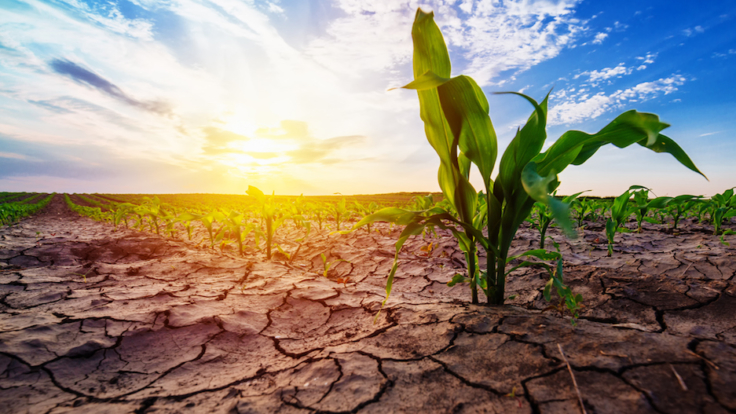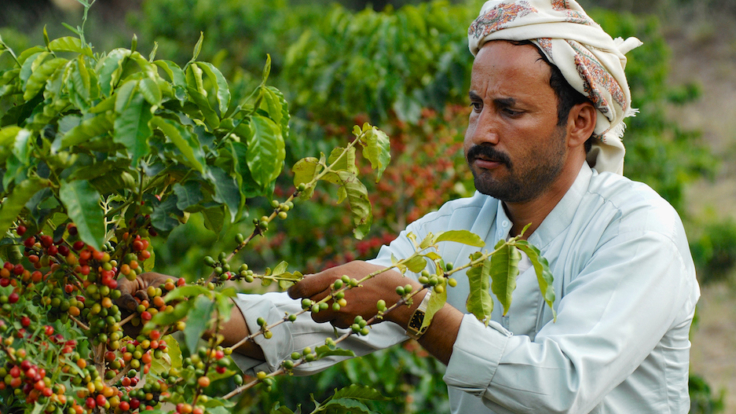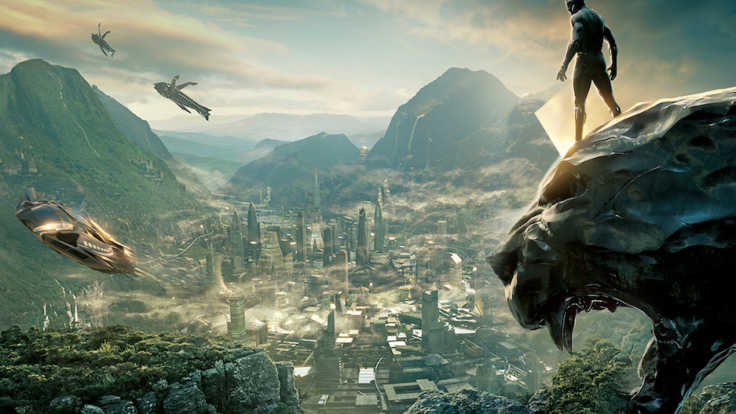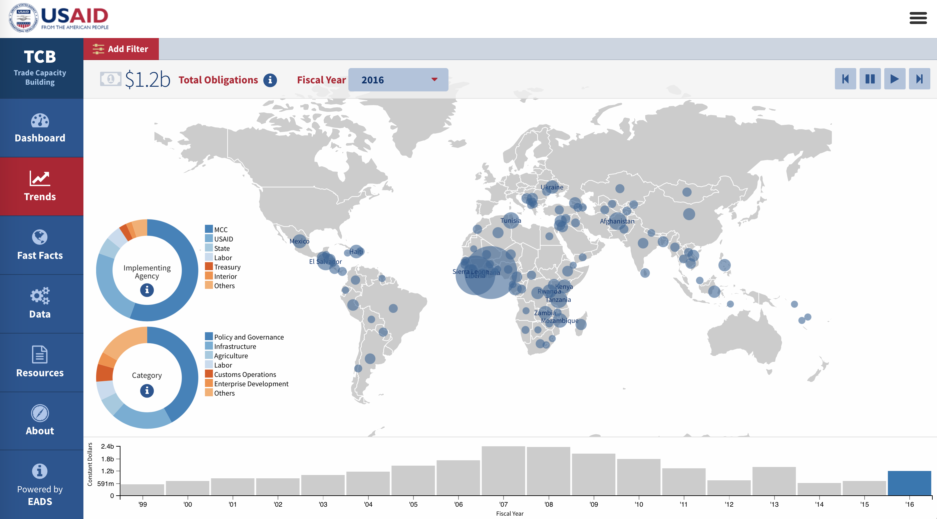Water Scarcity Threatens Global Agriculture Trade
Over 70 percent of water consumed globally is poured into crop and livestock production. But the water we need to drink, to grow food, and to produce industrial goods is under stress and becoming scarcer in parts of the world. What kinds of solutions offer better opportunities for managing scarce water resources to ensure we can continue growing enough food?









